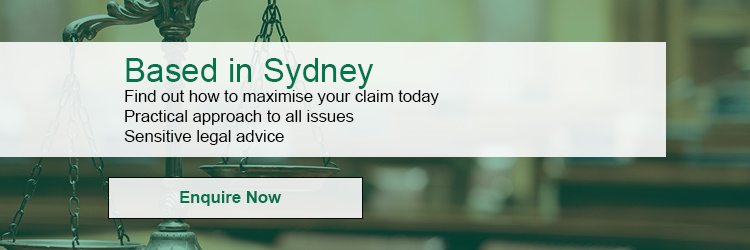What is defamation?
We live in a society that values free speech (and wouldn’t have it any other way!). However, the limits of free speech are reached where a person (or company) starts spreading lies about you in the public square. This is where defamation law can help individuals (and small companies) who have suffered damage to their reputations as a consequence of such unscrupulous conduct.
If one person has communicated information about you (or your small business) to another person, and that information is defamatory (and untrue), then you may have the basis for a defamation lawsuit. This can be verbal or written defamation, including social media defamation; or even communication by images, video, or actions.
Before commencing defamation proceedings
Generally, before commencing proceedings, we will encourage you to seek settlement. This could take the form of a public retraction and/or apology, and in some cases the payment of damages. Usually, we are able to get quick and decisive outcomes for our clients at a minimal cost. However, if settlement is not forthcoming, and you are inclined to take it further, we can assist you with a defamation lawsuit.
Injurious falsehood
![]() Generally, suing for defamation is not an option available to businesses (other than small businesses). As a business, an alternative to defamation can be an allegation of injurious falsehood. To successfully prove an injurious falsehood claim you must satisfy the court of three points
Generally, suing for defamation is not an option available to businesses (other than small businesses). As a business, an alternative to defamation can be an allegation of injurious falsehood. To successfully prove an injurious falsehood claim you must satisfy the court of three points
- Firstly, that a false statement has been made regarding your goods or business.
- Secondly, that that statement has been published to at least one other person.
- Thirdly, that it was published with malice (that is, with an intention of injuring your business).
Finally, for such a claim to be compensable you must have proof of actual damage suffered as a consequence of the statement. This involves demonstrating your loss to the Court, so damages can be awarded to put you in the position had the loss not occurred.
It is often difficult to accurately calculate the loss you have suffered as it is rarely precisely reflected in a mathematical equation. This is where speaking with an injurious falsehood lawyer can assist in providing you with advice on the realistic prospects of your claim.
Defamation, Libel And Slander
Australian Defamation Law has abolished the distinction between the torts of libel and slander. Historically, suing for slander against an individual referred solely to verbal communication such as words spoken to the community, whereas libel dealt with more permanent, printed communication such as online defamatory publications in the media; both forms had to have caused defamation of character.
With the distinction now removed, Courts hearing defamation cases in Australia can accept a singular legal action involving both written and verbal communication. Despite these changes, defamation remains a complex, intricate area of Australian Law. Pursuing an action for defamation can be substantially expensive and involve lengthy delays; it is therefore best to speak with a defamation lawyer to have your claim properly assessed.
See more services: employment lawyers Sydney & unfair dismissal

